PM Abdul-Mahdi says no foreign bases will be accepted on Iraqi soil
Iraqi Prime Minister Adel Abdul-Mahdi had told the visiting US defense chief that his country will accept no foreign military bases on its soil, just as it will not take dictates from outsiders.
In a meeting with Acting US Defense Secretary Patrick Shanahan in Baghdad on Tuesday, Abdul-Mahdi said that Iraq-US relations must be based on the “basic agreements” existing between the two sides, which merely deal with fighting terrorism and training Iraqi forces, and “nothing else,” the Iraqi News reported.
Iraq makes “independent” decisions and will not be influenced by foreign pressure or dictates, he noted, reiterating Baghdad’s objection to the presence of foreign military bases on Iraqi territory.
Abdul-Mahdi also hailed Iraq’s achievements in restoring stability after defeating the Daesh terrorist group, and urged international support for the ongoing reconstruction process.
The premier said Iraq was open to enhanced cooperation and relations with Arab and regional states in line with national interests.
#Iraqi Prime Minister Adel Abdul Mahdi stressed on Tuesday that the Iraqi decision is independent and is not affected by any #pressure or #dictates from any party.https://t.co/tD8FfcMjni
— Iraqi News - Iraq (@IraqiNews_com) February 12, 2019
Back in 2014, Daesh launched a campaign of attacks and vicious acts of bloodshed that resulted in Iraq losing a third of its territory. Iraqi army soldiers and allied fighters fought back fiercely until they managed to recapture the lost territory three years later.
In December 2017, Iraq finally declared the end of Daesh reign of terror, thanks to Iran’s military advisory support.
The US, however, has kept up its military presence in the Arab country.
President Donald Trump sparked a wave of condemnations in Iraq earlier this month, when he said he intended to keep US troops there to keep a close eye on Iran.
Reacting to those remarks days later, Abdul-Mahdi insisted that his country could in no way be used for action against others. Iraq’s most senior Shia cleric Grand Ayatollah Ali al-Sistani also rejected propositions that Iraq would serve as a launching pad to harm other countries.
The American president also raised the ire of Iraqis by making a surprise visit in late December to US forces deployed to Anbar Province, with no stop in Baghdad. The move prompted calls for the expulsion of US troops.
During Tuesday’s meeting, the top Pentagon official said that his visit to Iraq was aimed at “listening to the Iraqi government’s vision on the nature and future of relations between the two countries.”
He also claimed that American forces in Iraq were mainly tasked with combating Daesh and providing Iraqi forces with training to eliminate terrorist remnants.
Speaking to reporters after flying from Baghdad to Brussels, Shanahan said he had assured Iraqi leaders that the US would stick to a limited military role there.
“I wanted to make clear to him (Abdul-Mahdi) that we recognize our role,” he said. “We understand that we’re there by invitation, and that we jointly share the resources and that we clearly recognize their sovereignty.”
Shanahan further pointed out that he had not raised the possibility of moving additional US troops to Iraq to offset the planned Syria withdrawal.
The US, backed by the UK, invaded Iraq in 2003 on the false grounds that the former regime of Saddam Hussein was in possession of weapons of mass destruction.
Nine years of military campaign and tens of thousands of lost lives later, the invading troops were finally pulled out from Iraq.
But the US returned to Iraq in 2014 once again with the proclaimed objective of fighting Daesh, leading a coalition of its allies. The military campaign has cost many civilian lives and inflicted damage on Iraqi infrastructure.
Economic protests and subsequent terrorism in Iran
Court docs show Trump sought to deport student over pro-Palestine op-ed
'Any harm to Ayatollah Khamenei a declaration of war on Shias'
Discover Iran: Hormozgan’s strategic ports powering trade, commerce and connectivity
VIDEO | Store, gym set on fire by masked rioters during recent unrest in Tehran
Obama, Clinton urge Americans to ‘stand up’ as protests spread in US
Yemen’s Ansarullah warns US, Israel of Red Sea attacks if Iran hit
Iran condemns Israeli FM’s ‘false, provocative’ remarks in Baku




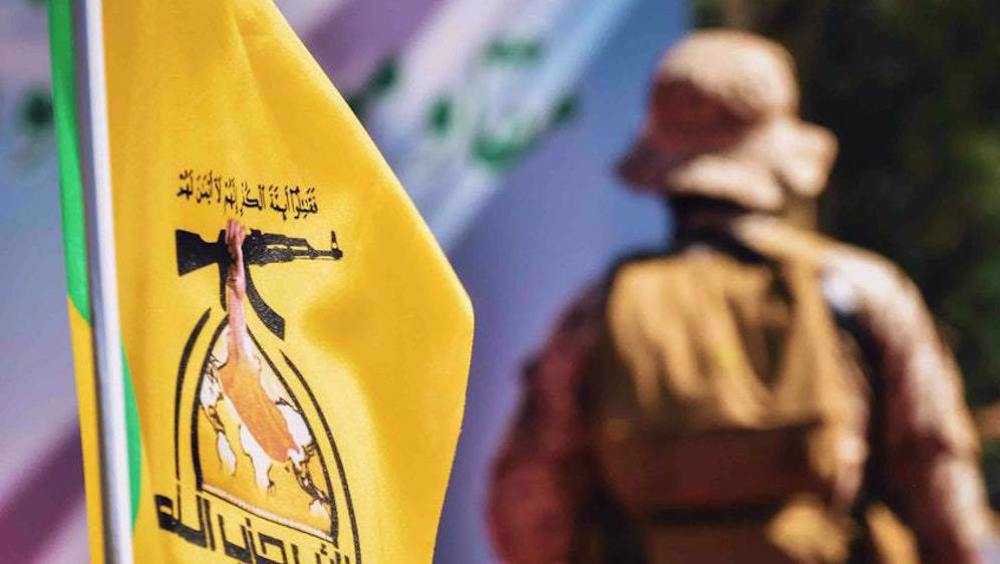
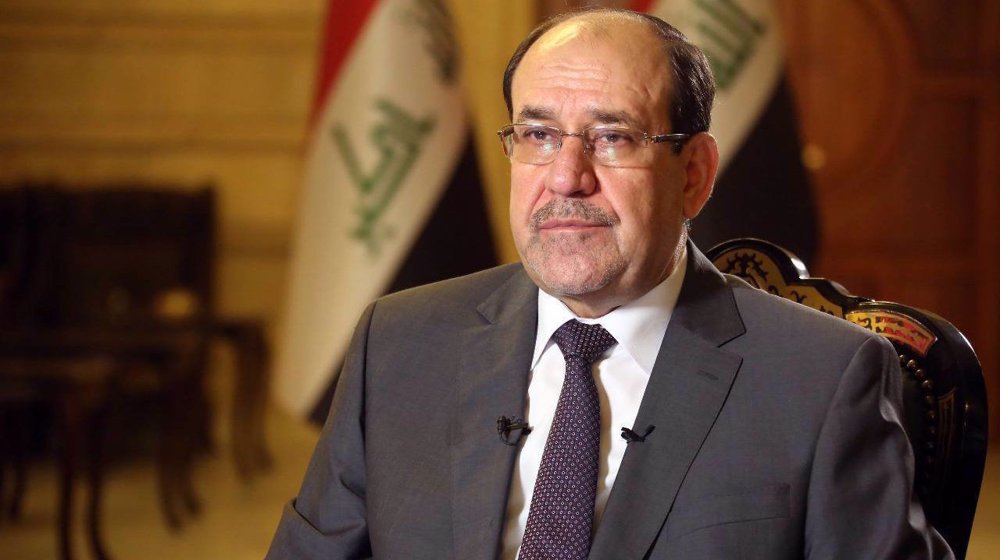
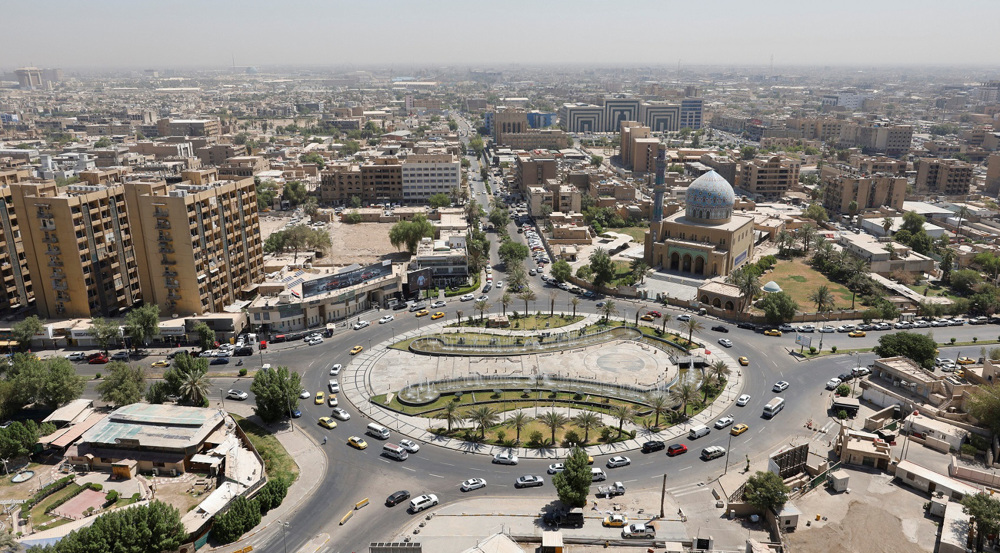




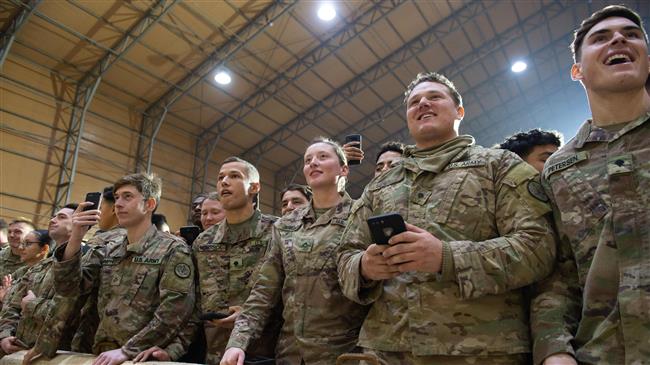


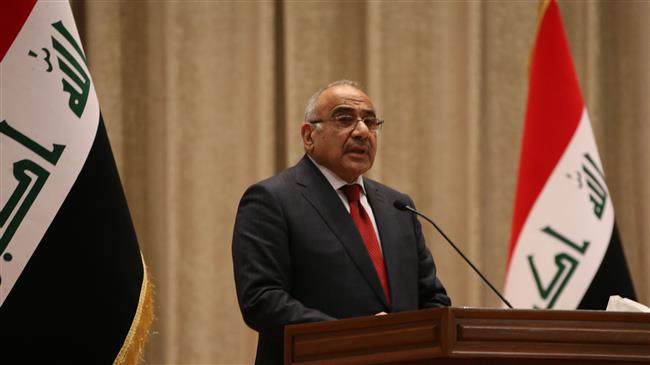

 This makes it easy to access the Press TV website
This makes it easy to access the Press TV website